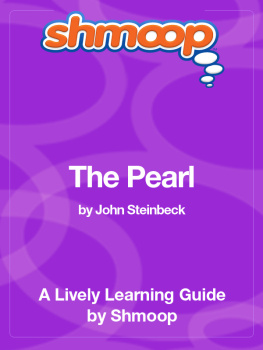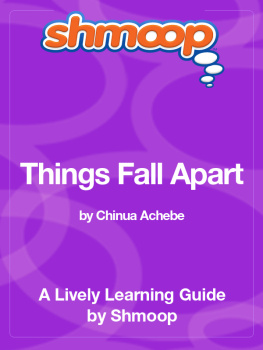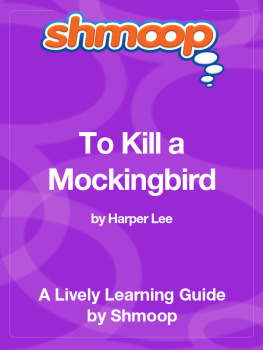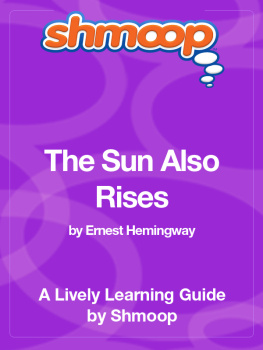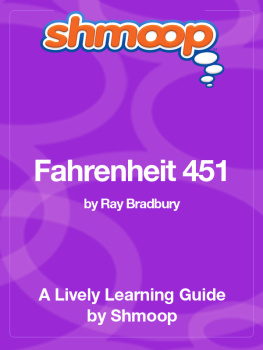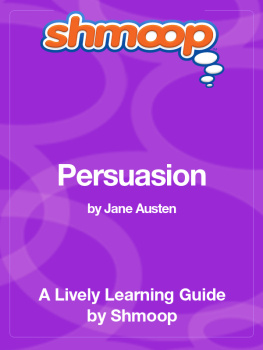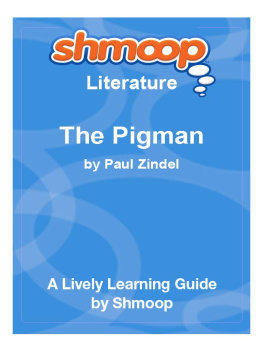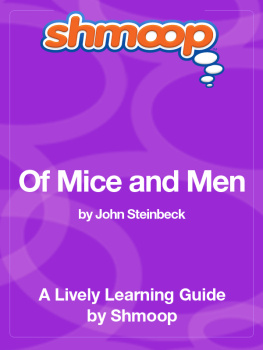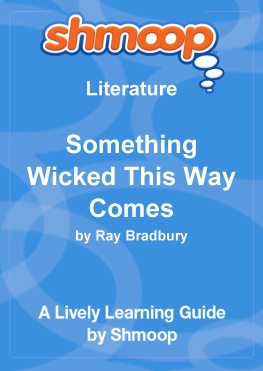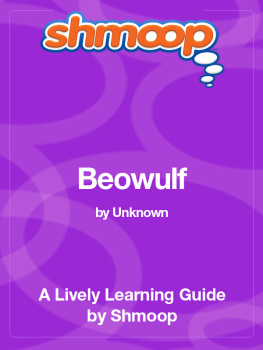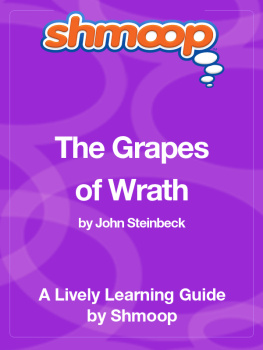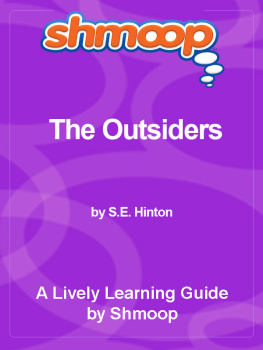
Table of Contents
In a Nutshell/Overview
John Steinbeck first heard the legend of the pearl while he was collecting marine biology specimens in the Sea of Cortez in 1940. His initial inclination was to make the story into a film, but fortunately for the world of literature, he wrote a novella instead. Published in 1947, The Pearl functions as a parable about greed and evil, telling a simple story to get a big point across. The story focuses on a poor man and his wife who find an enormous pearl, for which their entire village becomes greedy. Many read the text as a critique of the American Dream, which meant Steinbeck wasn't too popular among certain nationalistic, pro-capitalist crowds. Still, despite political bad-blood, the novel was a great success. Steinbeck received the Nobel Prize in Literature in 1962 for, among other things, his "keen social perception."
Why Should I Care?
Although we can't speak for its accuracy, we read a news story in the Shanghai Daily that seems relevant to The Pearl. It goes like this: A couple buys a lottery ticket. Rumor spreads that the couple has won lottery. The neighbors kill the couple for the money. Turns out, the couple hadn't won the lottery in the first place. Conclusion: The lottery is evil.
Needless to say, this would be quite a simplistic conclusion. The story doesn't mean the lottery is evil, it means that we - people in the world - corrupt the things around us. This is a far more disturbing conclusion. It's a lot easier to blame the lottery.
"Wait a minute," you say, "are you talking about The Pearl here or what?" Yes, we are. The Pearl isn't a comment on the lottery, but it is a comment on the American Dream. And, like the story of the lottery ticket, the conclusion isn't that the American Dream is wrong, but that our world makes it impossible for it to function as intended. The American Dream operates on some basic assumptions: opportunity is always equal, competition is always healthy, and individuals seeking what's best for themselves will ultimately benefit society at large. If these idealistic starting conditions end up, well, less than ideal, we're going to run into some issues.
So what to do? Well, to start, we could recognize the problem. We could stop blaming the lottery. We could look for real solutions instead of quick fixes. But there's one absolutely vital, incredibly important, mindblowingly necessary action to take first: we need to read The Pearl.
Whats Up With the Title?
Right, so this one isn't too complicated: a parable about a pearl is called...
The Pearl. But there's also some biblical stuff going on - maybe. It might be that Steinbeck is alluding to "the pearl of great price" from the Gospel of Matthew in the New Testament. (That the story was originally published under the title "The Pearl of the World" supports this argument.) In this biblical parable, a pearl-buyer sells all of his earthly possessions to purchase the world's greatest pearl. The pearl, the Gospel explains, is like the Kingdom of God - men will abandon everything they have for God's forgiveness. There's also a 14th Century epic (sort of) poem of unknown authorship called
Pearl, in which a man dreams he goes to heaven, is distraught about losing his pearl, is told not to be distraught, and concludes that he should devote his life to doing God's will, which is the greatest pearl of all and worth abandoning all one has.
If these references are intentional, the allusions are ironic one; Kino unwillingly loses what he has to "pay" for the pearl, a pearl which
doesn't represent the Kingdom of God and that brings him nothing but misery, a pearl he no longer wants at the end of the novella.
Writing Style
Filmic, Rhythmic, Legend-like
Steinbeck originally conceived of
The Pearl as a film, and you can definitely tell by reading it. You've got everything from camera pans to a thematic musical score. The words themselves have a sense of rhythm that makes reading an agreeable experience. But most of all, the story reads like a legend, like a tale being told orally, as we expect from reading the epigraph. The language is clear and unambiguous; it will rhapsodize on the nature of greed or desire, but still digress to the level of the detail (like an ant getting buried in the sand).
Tone
Doomed, Removed, Tranquil
We definitely get a sense of fatalism reading
The Pearl. The narration declares with removed, pensive observation that all are greedy, that the pearl brings evil, that Kino has become an animal, etc. The mystical, dream-like quality of the setting complements this well: there is no urgency or concern here, since the tale is simply a parable being told by a story-teller.
Narrator Point of View
Third Person (Omniscient)
With this omniscient point of view, we get the benefit of hearing multiple perspectives and opinions. The text spends a lot of time observing, reporting from a distance on the goings on of the town, but it also gets us into Kino's head, Juana's, the doctor's, and even the thoughts of minor characters like the priest.
Symbols, Imagery, Allegory
The Pearl
The pearl is a BIG deal. At first it's the apex of Kino's dreams and desires, and the next minute it's a harbinger of bad, wicked things. Juana calls it "evil," "a sin" that "will destroy" them. Kino's brother Juan thinks "the devil" is in it.
But to agree with the assessment that the pearl is evil would be to miss the bigger picture. If the pearl itself is the problem, we can't really critique the motives and behavior of the characters in the novella. We walk away from the parable with the lesson that...um...really big pearls are evil?
Not so much. Did you notice how the pearl has a strangely reflective quality? Regardless of whether or not this is realistic, it certainly has something to do with the pearl as a symbol. And it helps us see that the pearl itself isn't the source of evil. Men look at the pearl and see what they want to see: Kino sees a wedding, education for his son, a rifle. The doctor sees himself moving back to Paris and eating in fancy restaurants. The priest sees additions for his church. The point is that people make the pearl into what they want it to be. It follows then that if the pearl is evil, it is because
people have made it evil. They have corrupted with greed what should have been a beautiful, elegant means for a better future. In other words, pearls don't kill people, people kill people.
Of course, the tragedy of
The Pearl is that no one realizes this. Even the wisest, most pensive characters - Juan Toms and Juana, the two "guides" for Kino - mistake the evils of people as the flaws of the pearl. If you look at it this way, the novel's ending is doubly dismal: Kino has lost everything and yet
learned nothing from it. He somehow thinks that by chucking the pearl to the bottom of the ocean, the problems of man will disappear. As readers of the parable, we must not make the same mistake as Kino.
The Scorpion
The Pearl begins with a defenseless baby getting stung irrationally by a poisonous scorpion. Symbolic? Let's start with "defenseless baby." This arbitrary act of destruction ends up mirroring Kino's tragic tale, which means Kino is on par with the innocent babe. The colonizing Europeans have intentionally kept Kino and the other natives in ignorance. Chapter Three even tells us that the doctor considers them children and treats them that way. If Kino is helpless to struggle against the injustice done to him, it is in part because of this ignorance: he doesn't know how much the pearl should be worth, he doesn't know that the doctor scammed him, that the priest is just as self-serving. He may have inclinations, but he's still taking shots in the dark. In the same way, Coyotito is at the mercy of the scorpion.

